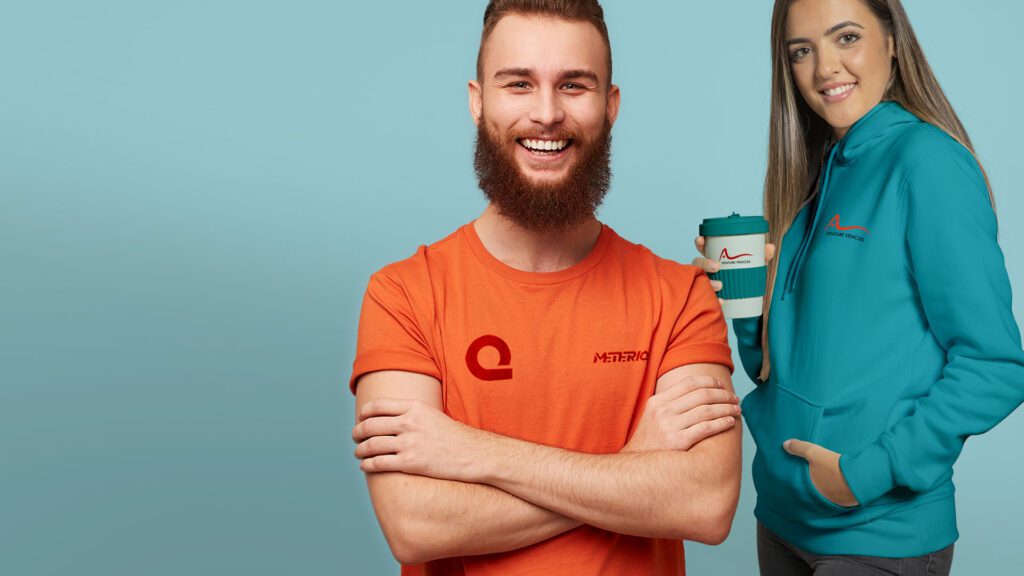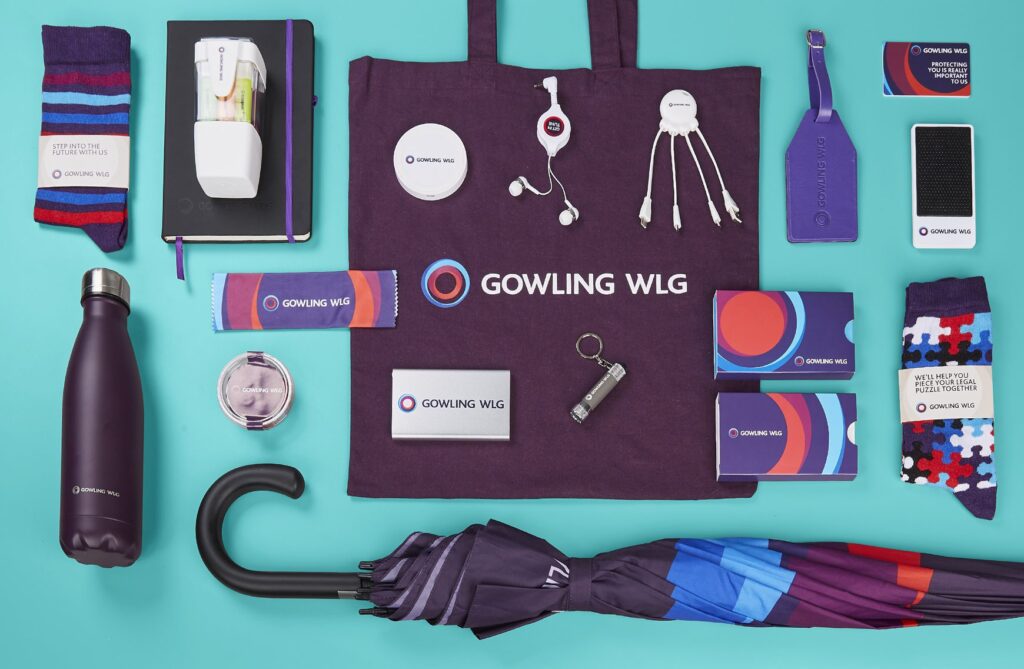Why Your People Are Your Biggest Brand Ambassadors

People Buy from People
Whether you’re making a substantial purchase for work or for your personal life, a good experience will always be shared and you will look favourably on that brand going forward. Everyone is a critic now and has the ability to review their experience amongst colleagues, family, or all across social media and the web. How your experience was depends on how that individual represents that brand, how they listened to your requirements, and how they assisted in a satisfactory outcome, leaving you with either a positive or negative outcome.
Buy from a Brand Ambassador
When you’re buying from a person and a brand you know, “I’m buying from Alistair at Streamline”, it immediately becomes a more personal service. When that person is a true ambassador of your brand you can know with confidence that the experience is a favourable one.
Branding as we think about it in business terms emerged alongside the manufacturing era. It was often about quality; if you wanted to get your family safely from A to B you buy a Volvo, if you are looking for safe luxury, Bentley is your go-to brand. If you wanted to buy silver you checked for the hallmark (and didn’t get cheated). Interestingly, even in their infancy, brands embraced story-telling, often linked to provenance – think cotton from Manchester or tweed from Harris.
Branding has been with us for a long time – the term comes from the Old Norse word ‘brandr’, which means ‘to burn’. For almost as long as people have had possessions, they have branded them to prove ownership; from burning a basic mark on cattle to stamping the dinner service with the family’s coat of arms.

Less about products, more about the experience
As we moved into the service age branding became a big business, with organisations investing millions in getting it right. At the same time, brands became less about products and more about the whole experience:
- How the packaging looks and feels
- The way employees talk on the phone
- The tone of voice in marketing and communications
- Where the brand was marketed
- The price point
The brands we chose became more than choices based on convenience and cost. They became statements about us as individuals, as anyone who has ever had a teenage child knows.
Getting your brand right means thinking about every time and every way you touch your customers. It means getting your products and services right, by developing a deep understanding of what your customers want from you – after all, there’s no point building a Ferrari if they only want a Ford.
Brands are fragile things, as businesses like BrewDog have recently felt. When good brands go wrong it’s often because we forget that they are also about people. Your brand will ultimately fail without the backing and support of your employees, who are your brand’s best – and potentially worst – ambassadors. If everyone in your organisation understands and believes in your brand, they will naturally communicate its qualities and attributes, and make on-brand decisions.
Even in today’s digital world, people buy from people. As Maya Angelou said, “People will forget what you said, people will forget what you did, but people will never forget how you made them feel.”
Making your people the building blocks of your brand will make your customers feel good. And that’s got to be good for business. It is essential to remember the importance of your best internal advocates: our employees. They know your company better than anyone else, and each one can be a brand champion.
At every company (no matter the size) each employee becomes part of your sales and recruiting teams – in addition to their day job. Whether they’re spreading the word about exciting new products or sharing job opportunities with their professional network the bottom line is that employees should all be working toward the wider business goal of winning stakeholders, customers and employees. And this should be a goal they want to pursue themselves, not a mandated effort.
So how do we build brand ambassadors in our team?
Like every strategy, it starts with the leaders embodying the values and virtues of the brand and communicating them at every opportunity.
Your brand needs to be considered by everyone in a business. Its importance must be recognised by the entire team, leading by example from leadership to every department. Having a culture that demonstrates the power of the company brand will inspire, and filter through all staff.
From job interviews to onboarding packs – the power of your company brand can be introduced and delivered to new team members. Establishing a team proud to represent your company brand ensures they embody everything you wish for your business and fulfill any ambassadorial duties on a daily basis.
Touchpoints
If employees are proud to work for a brand they are proud to tell their friends and their social media circles, so make sure they have plenty of good things to talk about. Whether it’s events and activities or promotions and champions – making everything intentional not just by default is powerful.
Signage, office environments, showrooms, websites, live chats, retail stores, the list goes on and on and every single space whether physical or virtual is part of the customer’s experience of a brand.
Every step on the customer journey can build the brand, or sadly for some companies, can erode the brand.
The role of branded merchandise

Creating brand touch points with branded merchandise is a proud statement for employees who will carry and use the image and the values of the company brand in branded products they use in their business and personal life.
The ubiquitous tote bag is a simple example, and bags are still the most popular form of branded merchandise out there so using bags as part of your merchandise mix will definitely get your brand out on the streets.
Knowing your audience, be they staff or clients, well will enable you to give them products they will use regularly and they’ll be proud to sport the company-branded product.
What about branded uniforms?

At the start we said people buy from people, but how do you know who the salesperson is or someone who works there if they are not dressed in a work uniform? The right staff uniform can lead to a happy and engaged workforce and fully showcase your company brand when done well.
We often take it for granted that a nurse or a supermarket employee will have a uniform otherwise how would we know they are the person to ask? So then is it clear to your customers at every physical customer interaction who your employee is?
By providing comfortable and practical work uniforms, you can help support your workforce, and provide the right tools to ensure they can deliver on their tasks daily.
To ensure your business has achieved this goal, it is important to regularly review feedback from your employees and clients to ensure that you as a business can develop and grow your brand. Listening to team and client feedback can provide valuable insight and help formulate new approaches or strategies for the future.
In conclusion, happy, loyal customers and employees are naturally inclined to spread the good word and become an advocate and supporters of what you do. And, as any marketing professional or business owner knows, word-of-mouth is immeasurably valuable to your growing business – and your bottom line.
Contact the Streamline team today for help in making your people your biggest brand ambassadors.
